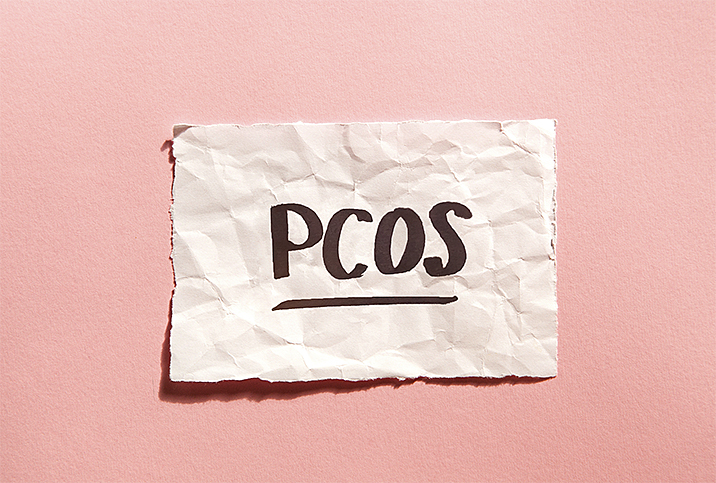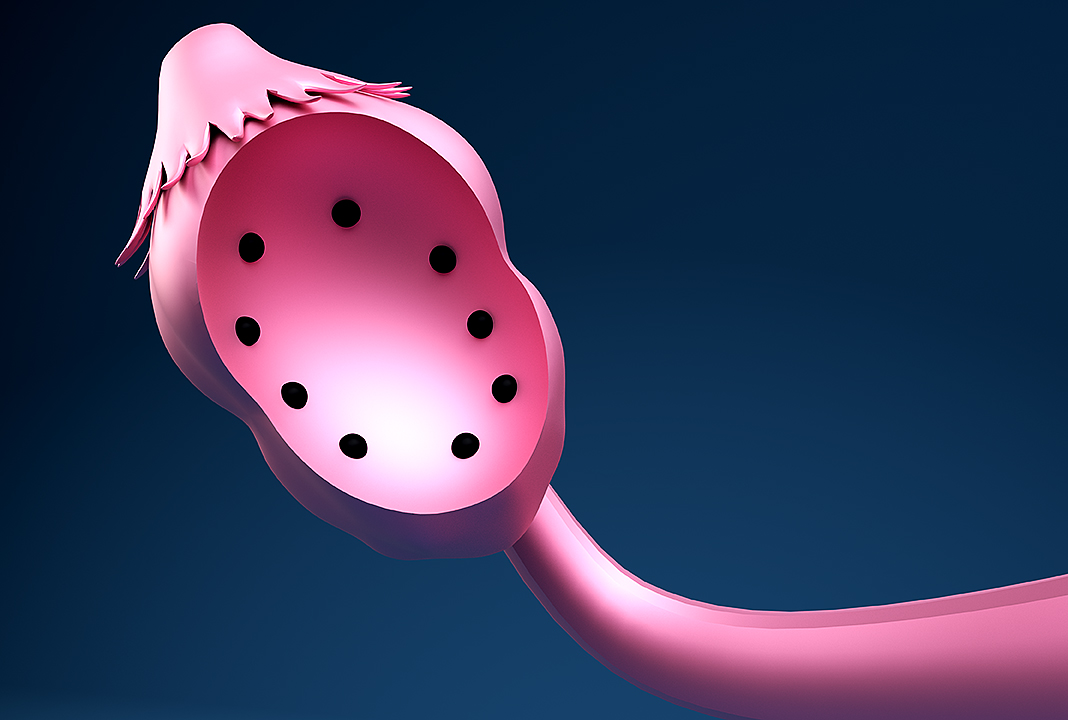1 in 5 Million: Let's Talk About Polycystic Ovary Syndrome

Polycystic ovary syndrome, commonly known as PCOS, is just one of the more challenging afflictions a woman can face in her lifetime. In the U.S. alone, this condition affects around 5 million women at the peak of their reproductive age, and being diagnosed with PCOS can be a daunting discovery. However, with the right changes in your lifestyle, it can be manageable.
So, what is PCOS?
PCOS is a hormonal disorder that happens when your ovaries cannot produce enough hormones to ovulate. So, the ovarian follicles grow and your mature eggs—which should've been sent out of your body with your period—never get released. Those ovarian follicles can then turn into cysts.
These cysts produce high amounts of androgen, which in turn leads to irregular periods, acne, excessive hair growth, bulky ovaries, weight gain (specifically, on your abdomen), patches of dark skin, skin tags, male hair pattern baldness, mood changes, painful periods, infertility and a few more uncomfortable symptoms.
Mainly characterized by the excess secretion of androgens, PCOS was first recognized by gynecologists Irving Stein and Michael Leventhal, and was hence originally termed as "Stein-Leventhal syndrome." The exact reason why PCOS happens is unknown, as the symptoms and causative factors vary in every woman. However, it is thought to be a result of one or more of the following factors: obesity, excess insulin production, low-grade inflammation and genetics.
How do you know if you have PCOS?
The symptoms vary for every woman. Despite irregular periods and fertility issues, many women have still given birth and have had a regular period cycle after being diagnosed with the disorder. Apart from all the telltale signs of PCOS (hair growth, period issues, weight gain, acne), the best way to know if you have polycystic ovary syndrome is to visit a doctor who would be able to run a few tests to confirm it for you.
You can mostly expect doctors to do an ultrasound (as it allows them to see if you have any cyst formation in your ovaries) or they might suggest you take a blood test (to check the level of androgen and other hormones in your body).
Fret not, with the right medication and some lifestyle changes, you can get your hormones at a balanced level and minimize those painful symptoms.
How can you curb polycystic ovary syndrome?
There are no specific medications for PCOS to cure the illness in its entirety, so the best you can do is manage it.
Curbing PCOS effects can be helped by estimating the cause of your diagnosis and working on minimizing the risks that arise. For example, if weight gain is the cause of your PCOS, your doctor may recommend you lose weight, or if you have been diagnosed because of insulin levels in your body, your doctor might recommend diabetes medication.
For all women who have PCOS, lifestyle changes, diet changes and the maintenance of a healthy body weight are always recommended. You may also consider medication to keep your hormone levels in balance, and depending on the circumstance, doctors will likely recommend birth control pills, anti-androgen pills or diabetes medication.
If you're struggling with PCOS, remember you're not alone and your condition is manageable. Talk to your doctor about starting a treatment plan that's right for you.


















